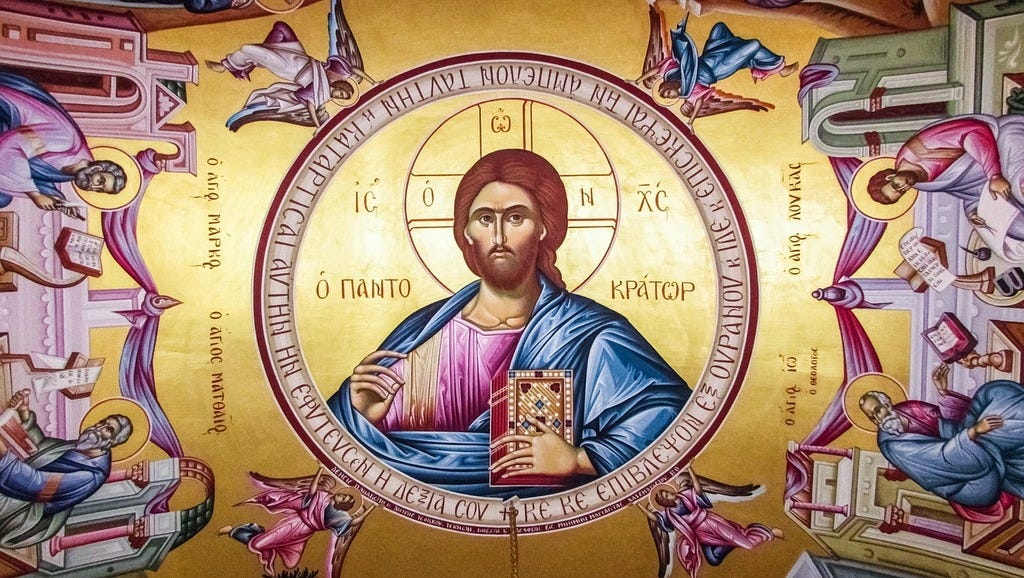Introduction
We are in Mystagogia time and at our last RCIA meeting, one of our “new” Catholics asked if we could look at the role of Mary in the faith we share.
After the meeting, she explained to me that she had been raised to be critical of Catholics’ devotion to Mary. I shared with her my experience of being accused of worshipping false gods by some of the Year 12s I taught. They were non-Catholic Christians and committed to their faith. They were convinced that devotion to Mary was idolatry.
Catholics don’t worship Mary, but they do call her their “Mother.” There is a way of thinking about this relationship that relates to this Gospel Enquiry, and which I found in a short book written by noted evangelical theologian, Leonardo De Chirico.
De Chirico presents an interpretation of the story of Jesus turning water into wine at the wedding feast he attended in Cana, Galilee (John 2:1-12). When Mary informs her son that the wine has run out, he refuses to be directed by her (John 2:4). De Chirico focuses on the relationship between the Father and the Son and observes that when Mary says to the servants, “Do whatever he tells you” (John 2:5), she is in step with her Son, whose actions always reflect God’s Will.
When we, like Mary, focus on Jesus and do whatever he tells us, then we attest to the truthfulness of God and will have eternal life. Mary, being Jesus’ first disciple, had spent most of her life observing him and recognising in him the presence of God’s Spirit. She models for Christians how to accompany others in their journey of faith. Like every other saint, she intercedes for those who call on her in prayer and their prayers are answered when they take to heart her words “Do whatever he tells you.”
The Gospel
John the Baptist said to his disciples: ‘He who comes from above is above all others; he who is born of the earth is earthly himself and speaks in an earthly way. He who comes from heaven bears witness to the things he has seen and heard, even if his testimony is not accepted; though all who do accept his testimony are attesting the truthfulness of God, since he whom God has sent speaks God’s own words: God gives him the Spirit without reserve. The Father loves the Son and has entrusted everything to him. Anyone who believes in the Son has eternal life, but anyone who refuses to believe in the Son will never see life: the anger of God stays on him.’ (John 3:31-36)
The Enquiry
See
Read Chapter 3 of John’s Gospel and identify the context in which John makes his statement about Jesus. Summarise his beliefs about Jesus.
What does John’s explanation reveal about his relationship with God and with Jesus, the Son of God?
What happens because Jesus has come and “speaks God’s own words”?
Judge
What do you think about this description of Jesus and of his relationship with God the Father and the Holy Spirit?
What is there in John’s teaching that gives you some hope for yourself?
How are you challenged by what you have read?
Act
What do you want to change in yourself and in the world because of what John says about Jesus?
What small action can you carry out to help bring about the change you want to make in the world and in yourself?
Who can you involve in your action, when, where and how often?
Image Source: Icon of Christ in the Church of the Holy Sepulchre, Jerusalem, Picryl, PDM 1.0
Worth reading: De Chirico, L. (2017). A Christian’s pocket guide to Mary: Mother of God? Fearn, Ross-shire, Scotland: Christian Focus Publications Ltd.


